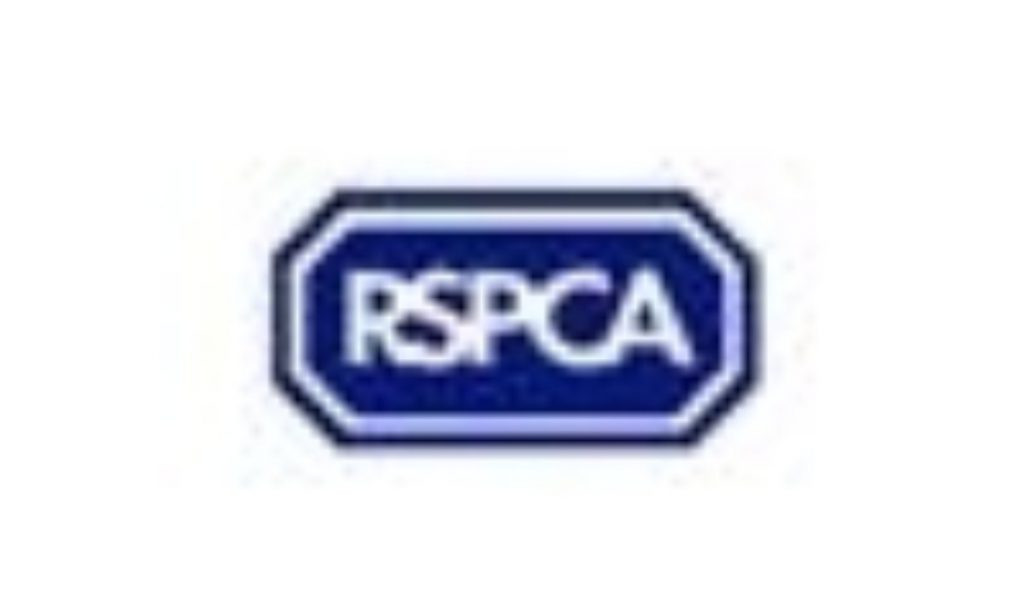No case for a badger cull says RSPCA
The RSPCA is reacting with horror and disbelief to the muddled suggestion by a select committee of MPs that badger culling might help reduce cattle TB in some areas.
“Any attempt at badger culling flies in the face of sound scientific judgement,” says John Rolls, RSPCA Director of Animal Welfare Promotion.
“The evidence1 shows a policy of badger culling is unsustainable, uneconomic and, as this committee recognises, could even worsen the spread of bovine TB. There is overwhelming public opposition2 to a mass eradication of badgers by farmers. Surely even to contemplate such a move is political madness?”
The most authoritative scientific research ever undertaken on the subject1 recommended against a cull. The MPs’ recommendation today that the Government should focus on more stringent cattle-based controls is welcome but is totally undermined by a suggestion that a cull undertaken by farmers might be acceptable in some areas under strict – but undefined – guidelines.
“It is crucial to focus efforts on disease control methods which will work,” John Rolls continues. “Talk of a possible cull – even in very limited circumstances – is a cruel distraction from effective efforts to combat the disease.
“Cattle based measures – such as testing and increased biosecurity – should and must underpin the fight against the spread of this disease, not a half baked proposal which offers no welfare benefit to either farm animal or wildlife,” he concludes. “We are keen to work with farmers and governments to find positive solutions to these challenges.””
It is not possible to cull only diseased badgers because there is no reliable test to identify them. This means that most of the badgers killed in any cull would be disease-free because the available evidence3 shows that the vast majority of badgers are free from TB.
Members of the public are urged to sign the RSPCA’s petition against a badger cull. More information can be found on the RSPCA website at http://www.rspca.org.uk/badgers.
– ends –
Notes to Editors
1. The Independent Scientific Group on bTB (ISG) was tasked by the UK Government with undertaking specific research on the effects of badger-culling on TB in cattle. The painstaking work took eight years, cost the lives of over 11,000 badgers and cost taxpayers £34 million. The ISG concluded that “badger culling can make no meaningful contribution to cattle TB control in Britain” and said, “Scientific findings indicate that the rising incidence of disease can be reversed, and geographical spread contained, by the rigid application of cattle-based control measures alone.”
2. Defra’s public consultation on badger-culling prompted a record 47,472 responses – 95% of which opposed a cull.
3. The findings of a study of badger road traffic deaths in 7 counties were published in September 2005. The study – conducted for Defra – found that 6 out of 7 badgers were not infected with bovine TB (2,782 out of 3,139 badgers were entirely free of the disease). It also showed that – even in those parts of the country worst affected by bovine TB – most badgers test negative for the disease and there was no clear correlation between the levels of TB in cattle and badgers. The ISG’s report also found that on average only 16.6% of the badgers culled tested positive for TB (i.e. 83.4% didn’t).





-01.png)